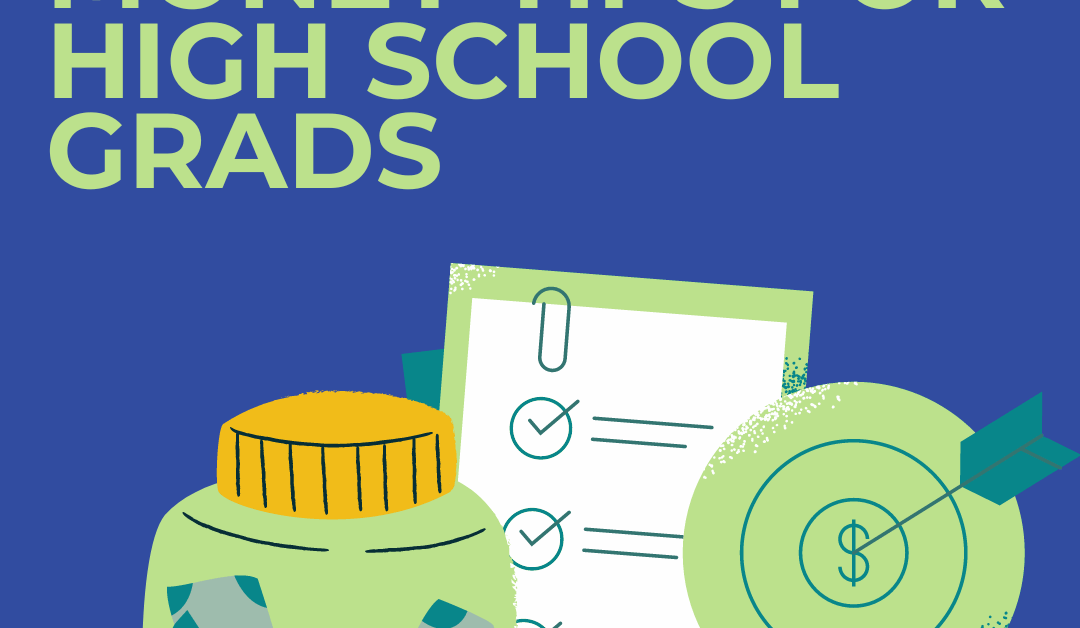9 Money Tips for High School Grads
September 6, 2023

By Brenda Campbell, President and CEO
Hey friends,
Do you have a recent high school grad in your life? Make sure they’re equipped with the financial know-how they need to avoid costly mistakes. Here’s my list of 9 things every young adult needs to know about managing money.
1. Track your expenses
Know where your money is going. Consider using budgeting apps or tools, like Money Path, to make expense tracking more convenient and effective.
2. Keep a budget
You won’t get where you want to go if you don’t have a plan. This is especially important for college students at the start of each semester if/when you need to determine how much you’re going to take in student loans. Which takes me to my third point-
3. You don’t have to take every loan that’s offered to you!
Take only what you need. Don’t forget that you have to pay them back, and with interest. Research and explore scholarship opportunities, grants, and work-study programs to help offset college expenses.
4. Know the pitfalls when it comes to credit cards
You will likely get bombarded with credit card offers, and this is the place where young adults are most likely to get into trouble. It’s smart to establish credit but remember that it’s a loan. Think before you use it. Only charge what you can pay off each month, or if it’s an absolute emergency. And never use a credit card for a cash advance (where the interest rate is even higher).
5. Know your credit score and how it is calculated
Missing payments or making late payments will lower your score and limit your chances of getting loans later. You can even get rejected by a landlord because of a low credit score.
6. If you’re a college student, get a job
Not only will you have extra money, but you’ll have less time to spend it. And students who have part-time jobs are better at managing their time and studies.
7. If you are entering the workforce straight out of high school, know the value of a benefits package
Does your employer offer a retirement account match? Health insurance? Paid time off? These are valuable benefits and will impact the bottom line. Do the math.
8. Establish an emergency fund
This is the other place where young adults get into trouble. Cars break down and medical situations happen. Not having this fund leads to more debt. Setting a specific savings goal for your emergency fund, such as three to six months’ worth of living expenses, can provide a clearer target.
9. Know the difference between needs and wants and make smart choices
Invest in your future instead of accumulating a bunch of stuff that you won’t care about a few weeks or a few months from now.
And remember, mistakes are part of the personal finance journey. Learning from them is what counts. These insights can help give the young adult in your life a head start on a path toward financial well-being and freedom.
Here’s to their future success, one smart financial choice at a time!
